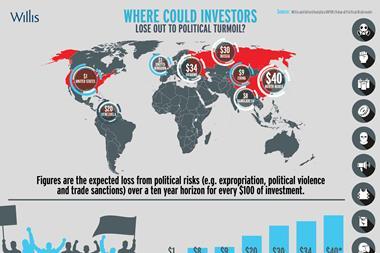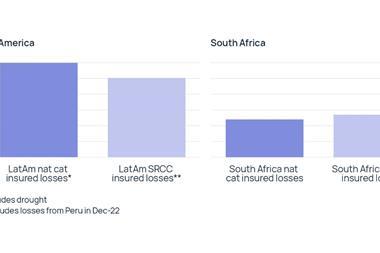Ewan Cresswell, Managing director, Integra Technical Service
Operating outside Europe and understanding the political risks outside the EU is something the industry doesn’t always get right. It isn’t just political risks from an insurance standpoint, but it’s the geopolitical situations on the ground, how things work in a particular location that are important and, often, contractors fail to price the frustrations of a locality into the overall contract. This can wrongfoot them financially.
It comes down to contractors needing to price the commercial realities on the ground when tendering for business. Contractual obligations are probably not adhered to as seriously in the developing world as they are in the EU. The biggest sanction you can have over a subcontractor is levying liquidated damages and they will shrug their shoulders, say ‘good luck’ and disappear into the distance – and you suddenly realise you are the foreigner in their territory.
This situation will perpetuate with regard to lump-sum EPC contracts, where contractors are having to look up to three or four years ahead, that is, the typical project duration. Are they really confident about how material price inflation, labour costs and exchange rate fluctuations are going to affect their pricing? For instance, if they are pricing in dollars in a non-dollar denominated country, how do they lock in the buying power of the hard currency with regard to the local expenditures? That volatility can become a major issue.
This article was first published in StrategicRISK’s Construction Report, published in association with Zurich. To download a copy of the full report, click here




















No comments yet